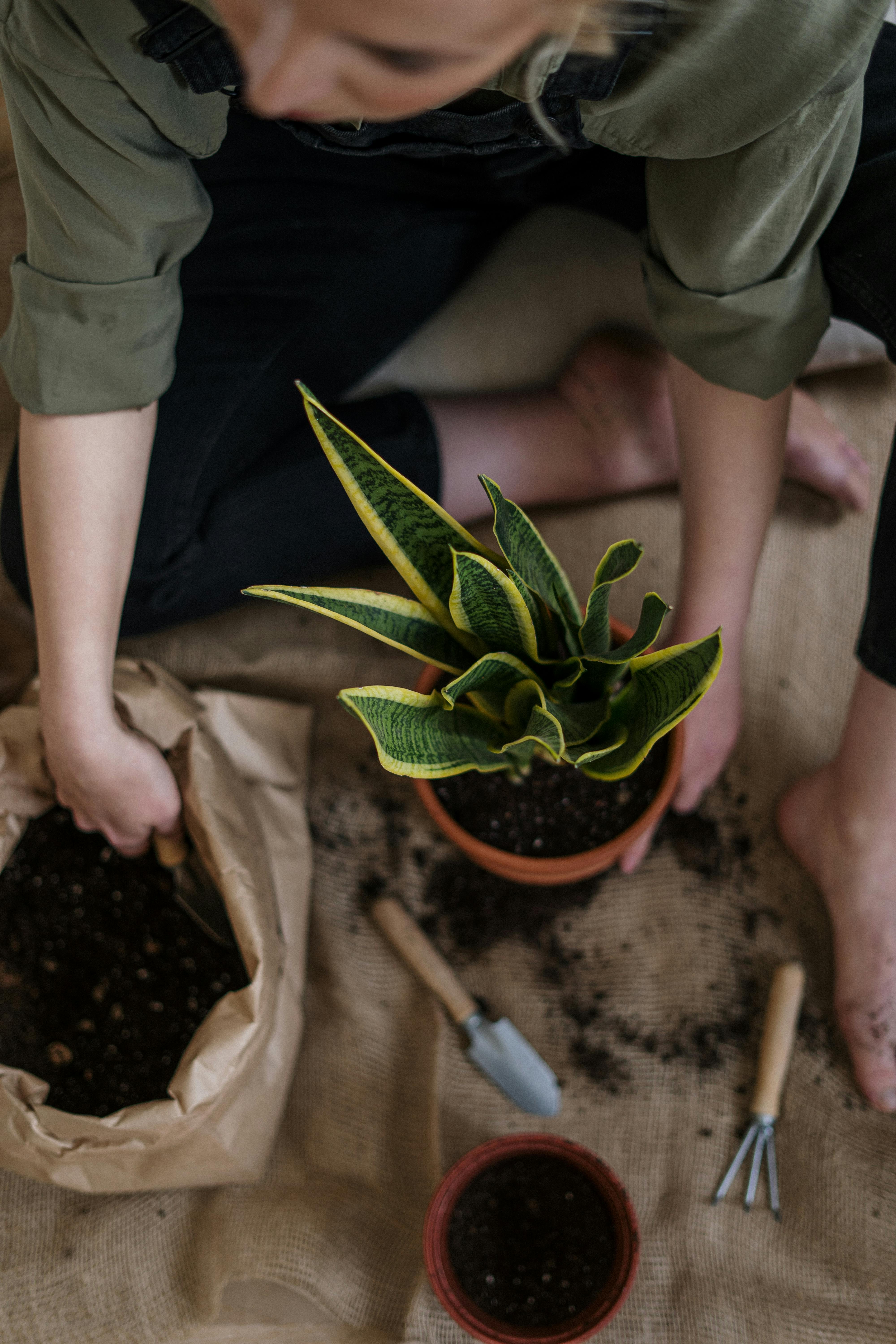Ever thought about giving your houseplants a little extra love using something as simple as potato water? You might be surprised to learn that the starchy water left over from boiling potatoes can work wonders for your green friends. It’s an easy, eco-friendly way to recycle kitchen waste and boost your plants’ health at the same time.
Understanding the Potato Water Hack for Houseplants
Using potato water for houseplants repurposes kitchen waste. It offers an eco-friendly way to nourish your plants.
The Science Behind Potato Water
Potato water contains starch. Starch promotes microbial activity in soil. Enhanced microbial activity aids nutrient absorption for houseplants. Potatoes also release trace minerals into the water.

When you boil potatoes, the resulting water becomes nutrient-rich. Allow it to cool before using. This process ensures no root damage.
Benefits for Plant Growth
Potato water enriches soil. It provides essential nutrients like phosphorus. This nutrient supports root development and plant growth.
The starch in potato water acts as a natural fertilizer. It boosts soil health. Healthier soil leads to more vigorous plant growth.
Using potato water reduces chemical fertilizer need. It’s eco-friendly and cost-effective. Your plants receive balanced nutrition naturally.
How to Prepare Potato Water for Your Houseplants
Using potato water for houseplants aids nutrient absorption and promotes soil health.
Materials Needed
- Fresh potatoes
- A large pot
- Water
- A colander
- A container for storage
- Wash and Peel Potatoes: Ensure there’s no dirt or pesticides.
- Boil Potatoes: Place potatoes in the pot, cover with water, and boil for 15-20 minutes.
- Strain Water: Use a colander to separate potatoes from water.
- Cool Water: Let the potato water cool to room temperature.
- Store: Pour potato water into a container and store it. Use within a week for best results.
Potato water supports houseplant health effectively and naturally.
Using Potato Water Effectively
Potato water can boost your houseplants’ health by adding essential nutrients. Follow these tips to get the best results.
Best Practices for Watering with Potato Water
Water Sparingly: Apply potato water once every two weeks. Overwatering can harm plants.
Cool Completely: Ensure potato water is at room temperature. Hot water damages roots.
Use Fresh: Prepare a fresh batch for each watering. Stale water may harbor bacteria.
Target Roots: Pour directly at the base. Avoid wetting leaves to prevent mold.
Combine With Plain Water: Dilute potato water with an equal amount of plain water. This reduces the starch concentration.
Common Mistakes to Avoid
Using Salted Water: Never use salted potato water. Salt can kill plants.
Ignoring Plant Type: Check your plant’s specific needs. Some plants prefer dry conditions.
Overapplying: Do not water too often. Excessive starch buildup can suffocate roots.
Leaving Residue: Clean the soil surface occasionally. Accumulated residue hinders aeration.
Not Testing First: Try on a single plant first. Observe for any adverse reactions before general application.
Implement these practices consistently to maximize the benefits of potato water for your houseplants.
Other Natural Fertilizers for Houseplants
Natural fertilizers can boost your houseplants. They’re cost-effective and eco-friendly. Here are some options.
Coffee Grounds
« Top 10 Garden Trends for 2023: Sustainability, Style, and Smart Solutions
10 Genius Small Modern Bedroom Ideas to Transform Tiny Spaces Instantly »
Coffee grounds provide nitrogen. They improve soil structure. Apply grounds directly or compost them first. Avoid overuse to prevent soil acidity.
Eggshell Water
Eggshell water adds calcium. Boil eggshells in water, cool, then water plants. It strengthens cell walls. Use weekly for best results.
Conclusion
Using potato water as a natural fertilizer is a fantastic way to boost your houseplants’ health. It’s simple, eco-friendly, and cost-effective. Plus, there are other natural options like coffee grounds and eggshell water that can complement your gardening routine.
By adopting these hacks, you’re not only nurturing your plants but also contributing to a more sustainable lifestyle. So go ahead and give these natural fertilizers a try. Your plants will thank you with lush, vibrant growth. Happy gardening!









